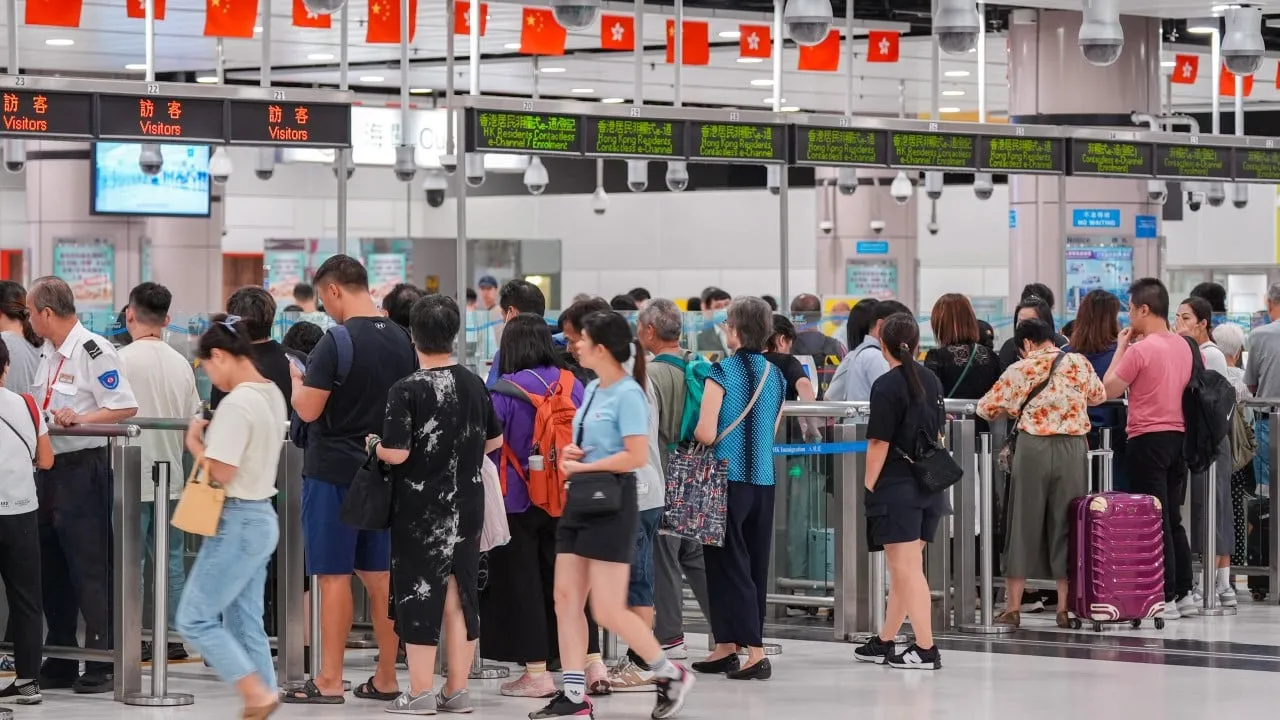Macau Travel Permits: 20,000 Issued to Hong Kong Residents Amidst Increased Demand

Recent Developments in Macau Travel Permits
Central authorities have issued approximately 20,000 new multi-entry travel permits to Hong Kong permanent residents who hold foreign passports over the past three months. As of now, about 33,000 applicants are still awaiting approval. Secretary for Security Chris Tang Ping-keung stated these figures during a recent Legislative Council session, noting that permit holders have made a remarkable 53,000 entries and exits to the mainland from July to mid-October.
Significance of the New Permits
In a detailed response to lawmakers, Tang revealed that roughly 55,000 non-Chinese permanent residents in Hong Kong have booked appointments to apply for these new card-type permits. The issuance of 20,000 documents marks a significant step in facilitating travel. Tang emphasized that the earliest recipients have greatly appreciated measures that allow for faster border clearance and increased participation in the Greater Bay Area's development.
Challenges Faced by Permit Holders
Despite the positive response, there remain challenges. Lawmaker Kennedy Wong Ying-ho highlighted that new permit holders currently cannot access banking services, apply for mobile SIM cards, or purchase railway tickets in mainland China. Tang acknowledged these concerns, asserting that the Hong Kong government is collaborating closely with mainland authorities to enhance convenience for Hong Kong residents.
Demand for Information
Amidst these developments, Hong Kong's Immigration Department reported receiving over 60,000 requests for a Notice of Application for Access to Information, a necessary document for the new permit applications. This new card, announced on July 1, permits non-Chinese nationals with permanent residency in Hong Kong and Macau to visit the mainland for up to 90 days.
Applications processed by CTS Hong Kong suggest a card can be issued within 20 days; however, feedback indicates actual timelines can extend beyond this period.
This article was prepared using information from open sources in accordance with the principles of Ethical Policy. The editorial team is not responsible for absolute accuracy, as it relies on data from the sources referenced.